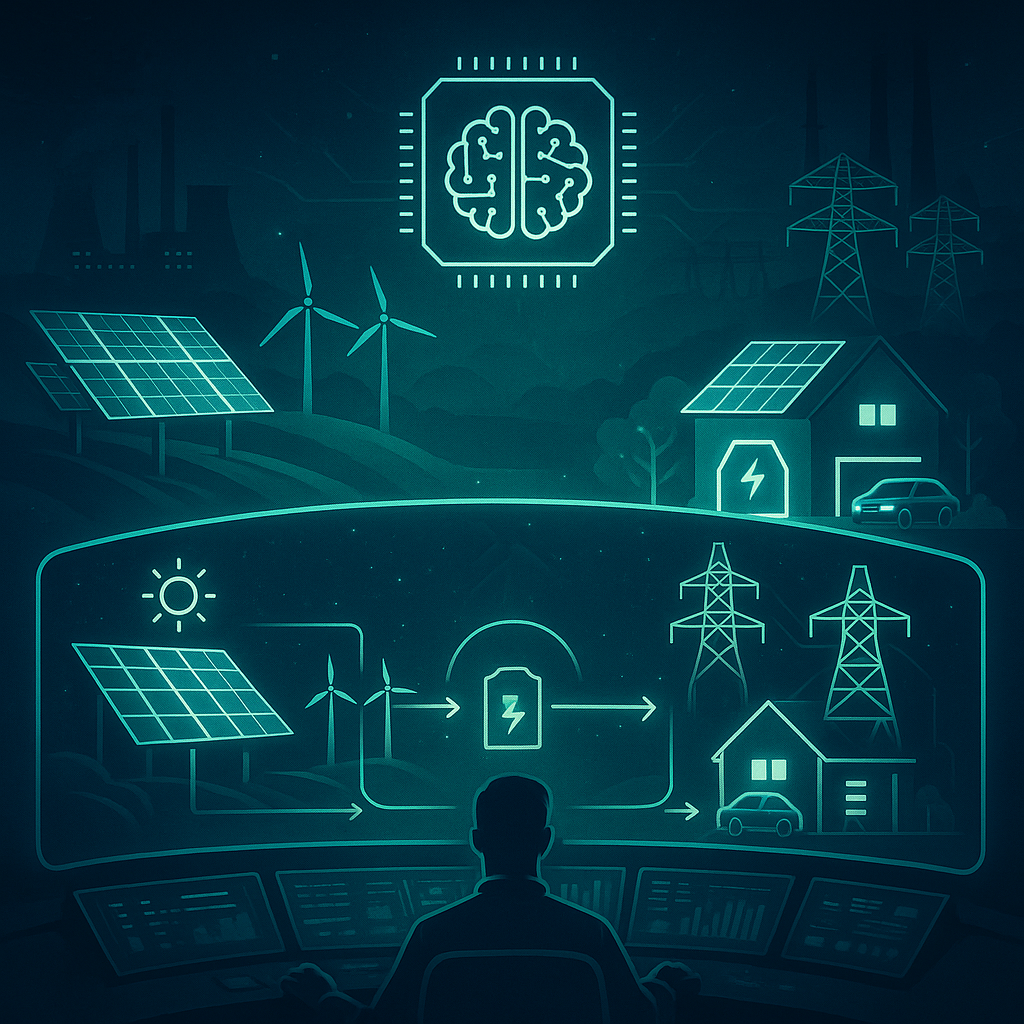Qatar, a nation with a legacy of being a leading exporter of liquefied natural gas (LNG), is poised to transform the global energy landscape with its ambitious plan to more than double its LNG output from 77 million metric tonnes per annum (mtpa) to 160 mtpa by 2030. This bold vision underscores Qatar’s strategic importance in global energy markets, as well as its adept balancing of geopolitical and economic priorities. By expanding its North Field gas reserves and investing in projects like the Golden Pass terminal in Texas, Qatar is solidifying its position as a cornerstone of the world’s energy supply.
The Growing Importance of LNG in a Geopolitically Volatile World
The geopolitical dynamics of recent years have catapulted LNG into a pivotal role in global energy security. Unlike traditional oil and gas transported through pipelines, LNG offers unparalleled flexibility and reliability. It can be shipped globally within days, making it an essential emergency energy supply, especially during crises.
The 2022 Russian invasion of Ukraine exemplified LNG’s strategic value. As Russia’s pipeline gas supplies faced sanctions and disruptions, LNG emerged as a critical alternative for nations seeking to diversify their energy sources. Global demand for LNG is projected to increase by over 50% by 2040, according to industry estimates, highlighting its enduring significance.
Qatar’s Strategic Realignment in LNG Trade
Before the Ukraine invasion, Qatar’s LNG trade had heavily leaned toward China. Starting in March 2021, Qatar inked a series of long-term contracts with Chinese companies, including Sinopec and Guangdong Energy Group. These agreements not only secured significant LNG supplies for China but also demonstrated Qatar’s pragmatic approach to aligning with major energy buyers.
However, the invasion of Ukraine reshuffled global alliances. Russia’s failure to swiftly achieve its military objectives prompted Qatar to pivot towards the West, aligning more closely with the U.S. and Europe. This shift was marked by a series of strategic meetings in 2022 between Qatar’s leadership, U.S. officials, and European counterparts. By the end of 2022, Qatar had signed pivotal agreements to supply LNG to Germany and the U.S., strengthening its ties with Western allies.
Expanding the North Field: The Heart of Qatar’s LNG Ambitions
Central to Qatar’s LNG expansion is the North Field, the world’s largest natural gas reservoir. Shared with Iran, the North Field spans 6,000 square kilometers in Qatar’s territory and 3,700 square kilometers in Iran’s South Pars section. Qatar’s development of this resource not only bolsters its LNG production but also provides leverage in regional geopolitics.
Qatar’s expansion strategy involves six major projects across the North Field East (NFE) and North Field South (NFS) sites. These projects will add 48 million mtpa of new LNG production by 2029, with four new trains at the NFE site and two at the NFS site. Additionally, QatarEnergy recently announced plans to develop the North Field West (NFW), aiming to increase LNG output to 142 million mtpa by the decade’s end.
The North Field’s development has global implications. It ensures Qatar’s dominance in the LNG market while enabling it to maintain a delicate balance with Iran. By cooperating with Iran on resource management, Qatar enhances its regional influence while mitigating potential conflicts over shared resources.
Golden Pass Terminal: A U.S.-Qatar Partnership
Another pillar of Qatar’s LNG strategy is the Golden Pass terminal in Texas. A joint venture between QatarEnergy (70% stake) and ExxonMobil (30% stake), this project exemplifies Qatar’s commitment to strengthening ties with the U.S. Once operational, Golden Pass will contribute 18 million mtpa to Qatar’s total LNG output by 2030.
The partnership reflects mutual benefits. For Qatar, it ensures a stable foothold in the U.S. energy market. For the U.S., it aligns with efforts to diversify energy supplies and reduce dependency on Russian gas. The project also underscores the growing interdependence between Qatar and Western nations in the energy sector.
Geopolitical Maneuvering: Balancing Act Between Superpowers
Qatar’s LNG expansion is not merely an economic endeavor; it is a masterclass in geopolitical strategy. Situated between Saudi Arabia and Iran, Qatar has long navigated a complex web of regional and global alliances. Its LNG trade provides a powerful tool for maintaining diplomatic balance.
While Qatar’s initial alignment with China and Russia through LNG deals seemed to signal a strategic pivot, its subsequent engagement with the West highlights its pragmatism. The Emirate’s decision to diversify its LNG partnerships reflects a recognition of shifting geopolitical realities and the need to adapt to evolving circumstances.
The Road Ahead: Challenges and Opportunities
Qatar’s plan to double its LNG output by 2030 is ambitious but not without challenges. The global LNG market is becoming increasingly competitive, with other major producers like the U.S., Australia, and Russia vying for market share. Additionally, the transition to renewable energy and the push for net-zero emissions may impact long-term demand for LNG.
However, Qatar’s strategic advantages position it well to navigate these challenges. Its vast gas reserves, advanced infrastructure, and strategic partnerships ensure its resilience in the face of market fluctuations. Moreover, Qatar’s focus on long-term contracts provides stability and predictability in an otherwise volatile market.
Conclusion: Qatar’s Vision for Energy Leadership
Qatar’s bold vision to double its LNG output by 2030 underscores its determination to remain at the forefront of global energy markets. By leveraging its North Field gas reserves, strengthening ties with Western allies, and investing in strategic projects like the Golden Pass terminal, Qatar is poised to shape the future of LNG trade.
In a world where energy security is increasingly intertwined with geopolitical stability, Qatar’s role as a reliable LNG supplier is more critical than ever. As the nation embarks on this transformative journey, it not only reinforces its economic strength but also cements its position as a pivotal player in the global energy landscape.



